If you want to soar with the eagles, you can not continue to flock with the chickens. If you hang around the barber shop long enough, you will get a haircut sooner or later. It would be best to be mindful of your environment, as you cannot take yourself or people farther than you have gone. To soar with the eagles, you must switch context repeatedly, leave your comfort zone, and be mindful of who you hang around, listen to or engage with.
We are all meant to be great and are here for a great purpose, but we forget our greatness due to the vicissitudes of life. A lion settles for being a cat; an eagle thinks like a chicken, and a human settles for the rat race. American actress Lily Tomlin once said, “The trouble with the rat race is that even if you win, you’re still a rat.” We forget our uniqueness, wholesomeness, power, and magnificence; hence we stay in toxic situationships, unfulfilling jobs, dramatic family units, and unrewarding affiliations. Life is too short to spend it in an unproductive environment because we are here to create great things.
A ship in harbour is safe, but that is not what ships are built for. – John A Shedd
In the introduction of her book, Homecoming: Overcome Fear And Trauma To Reclaim Your Whole, Authentic Self 1 Clinical Psychologist Thema Bryant, Ph.D. shares a West African parable about an eagle who lived among chickens and, in the process, forgot his powers:
In West Africa, the story is told of an animal expert. This expert knew every animal in the bush. In America, you say forest, but the real word is bush. One day, as this expert was walking, he passed a farm. In the back of the farm, he saw so so[*] chickens, and in the middle of the chickens was an eagle. The man was vexed to see the eagle acting like a chicken. He went to the front of the farm and knocked on the farmer’s door.
He said, “Bop bop.” In America you say knock, knock, but the real sound is bop bop. The man inside said, “Who that?” The man outside said, “That me. You must open the door and see.”
The farmer opened the door and said, “What’s your business here?” The man outside said, “I’m an animal expert, and I see that behind your farm, you have so so chickens, but in the middle is one eagle.
The farmer said, “No, I don’t have any eagles. Only chickens.” The expert said, “Let me show you.”
They walked to the back of the farm, and the expert picked up the eagle and said, “Listen to me. You’re an eagle. You can fly. They’re chickens. They can’t fly. So go now and fly.
The eagle looked at the man and then looked down at his chicken brothers and sisters eating their chicken food. He hopped off the man’s arm and started eating the food. The farmer laughed at the expert and said, “I told you. I don’t have any eagles.” The expert was shamed and vexed. He said, “I’m coming to go.”
He left the farm. The next day he came back so early in the morning that God was not awake yet. He knocked at the farmer’s door. The farmer was frustrated but let him in. He walked to the back of the farm and picked up the eagle. He climbed on top of the barn. He told the eagle, “All your life people have treated you like chicken. They taught you to talk like chicken but you’re not a chicken. You’re an eagle. You can fly now, so fly.”
At that moment the sun started to rise. The animal expert said, “You see how far that sun is? You can go there. Now fly.” The eagle thought, “This man will come bother me every day until I try this thing, so let me try.” He stretched his wings, and my people, you have never seen such a beautiful sight. The eagle flew toward the sun, and the farmer never saw him again.”
Like the eagle in the above story stuck among chickens, most of us live our lives in autopilot due to domestication. We are programmed, indoctrinated and domesticated just as the baby elephant in a circus is tamed. We continuously live among chickens, not making waves, forgetting how powerful we are; we forget that we have wings and can fly. We settle for less than we can achieve and gradually forget how great we are. Our domestication starts from childhood, and it is what makes an eagle forget that it has wings, lets a human being forget its potential all in the name of parenting and responsibility (adulthood); it is what makes a lion believe it is a cat.
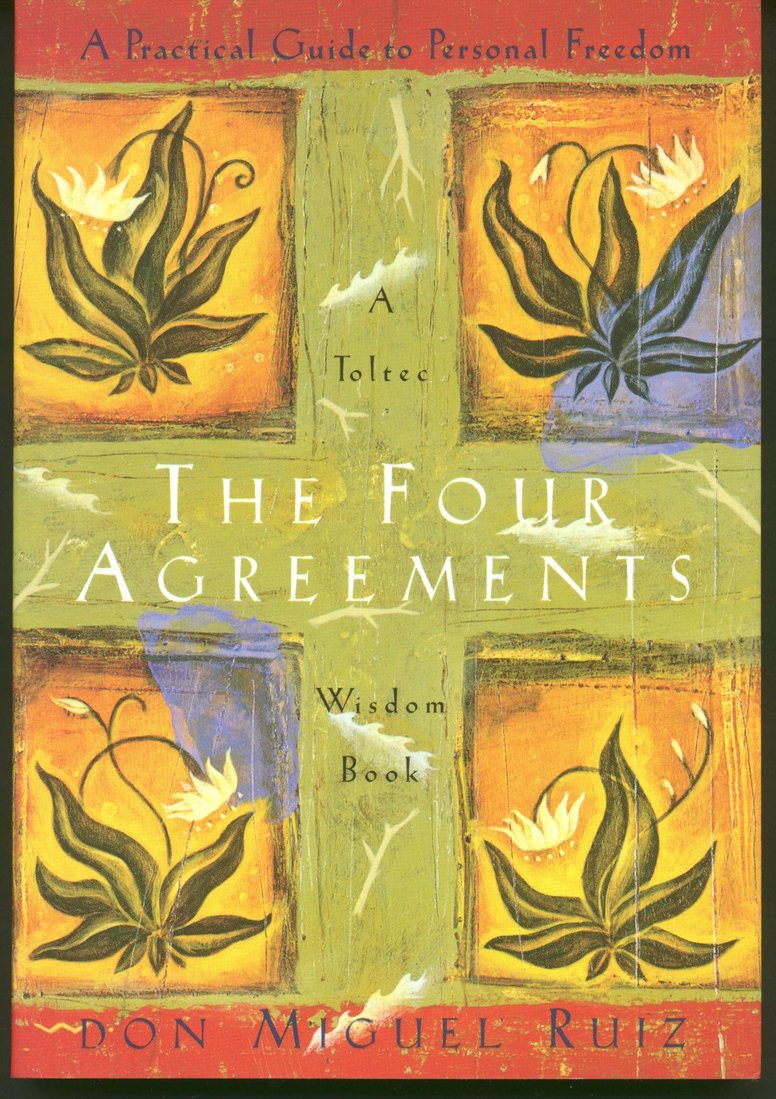
In his very insightful book, The Four Agreements: A Practical Guide to Personal Freedom, author Don Miguel Ruiz 2 describes the domestication of the human mind 3 and how we ultimately become auto domesticators in adulthood. He writes:
Children are domesticated the same way that we domesticate a dog, a cat, or any other animal. In order to teach a dog we punish the dog and we give it rewards. We train our children whom we love so much the same way that we train any domesticated animal: with a system of punishment and reward. We are told, “You’re a good boy,” or “You’re a good girl,” when we do what Mom and Dad want us to do. When we don’t, we are “a bad girl” or “a bad boy.”
All our normal tendencies are lost in the process of domestication. And when we are old enough for our mind to understand, we learn the word no. The adults say, “Don’t do this and don’t do that.” We rebel and say, “No!” We rebel because we are defending our freedom. We want to be ourselves, but we are very little, and the adults are big and strong. After a certain time we are afraid because we know that every time we do something wrong we are going to be punished
The domestication is so strong that at a certain point in our lives we no longer need anyone to domesticate us. We don’t need Mom or Dad, the school, or the church to domesticate us. We are so well trained that we are our own domesticator. We are an autodomesticated animal. We can now domesticate ourselves according to the same belief system we were given, and using the same system of punishment and reward. We punish ourselves when we don’t follow the rules according to our belief system; we reward ourselves when we are the “good boy” or “good girl.”
That is why humans resist life. To be alive is the biggest fear humans have. Death is not the biggest fear we have; our biggest fear is taking the risk to be alive — the risk to be alive and express what we really are. Just being ourselves is the biggest fear of humans. We have learned to live our lives trying to satisfy other people’s demands. We have learned to live by other people’s points of view because of the fear of not being accepted and of not being good enough for someone else.
Change your Reference Group 3
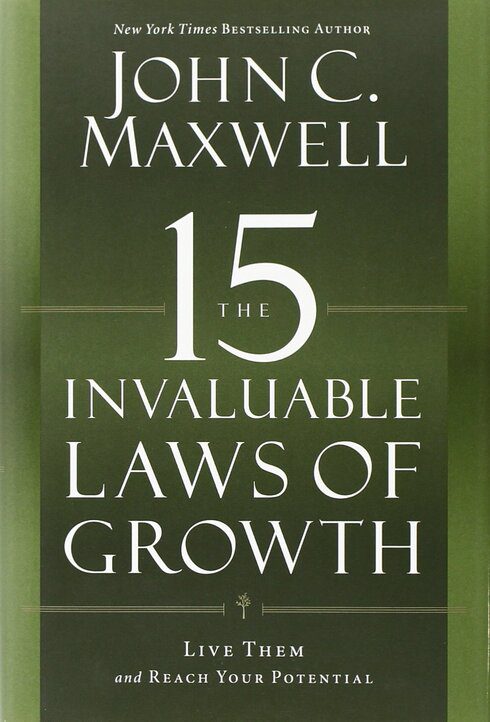
According to research by social psychologist Dr. David McClelland of Harvard, the people with whom you habitually associate are called your “reference group,” these people determine as much as 95 percent of your success or failure in life.”
Many people have given their take on this truth. King Solomon of Israel wrote, “Walk with the wise and become wise, for a companion of fools suffers harm. (Proverbs 13:20)
“Charles “Tremendous” Jones is well known for saying, “You are the same today that you are going to be in five years from now except for two things: the people with whom you associate and the books you read.”
And Jim Rohn asserted that we become the combined average of the five people we hang around the most. Rohn would say we could tell the quality of our health, attitude, and income by looking at the people around us. He believed that we start to eat what they eat, talk like they talk, read what they read, think like they think, watch what they watch, and dress like they dress.
The most significant factor in any person’s environment is the people. If you change nothing else in your life for the better than that, you will have increased your chances of success tenfold. So think long and hard about who you’re spending the most time with, for wherever they are headed, so are you.
Mindfulness
- Daily Calm with Tamara Levitt – Noticing
- Mindful deep, and compassionate listening is what everyone wants most. To be heard.
Mindfulness – it isn’t a trick or a gimmick. It’s being present in the moment. When I’m with you, I’m with you. Right now. That’s all. No more and no less.”― Will Schwalbe, The End of Your Life Book Club
- Daily Jay with Jay Shetty – Balanced Growth
Podcast
- Psychology Homelessness, Wandering, Separateness
All the Best in your quest to get Better. Don’t Settle: Live with Passion.
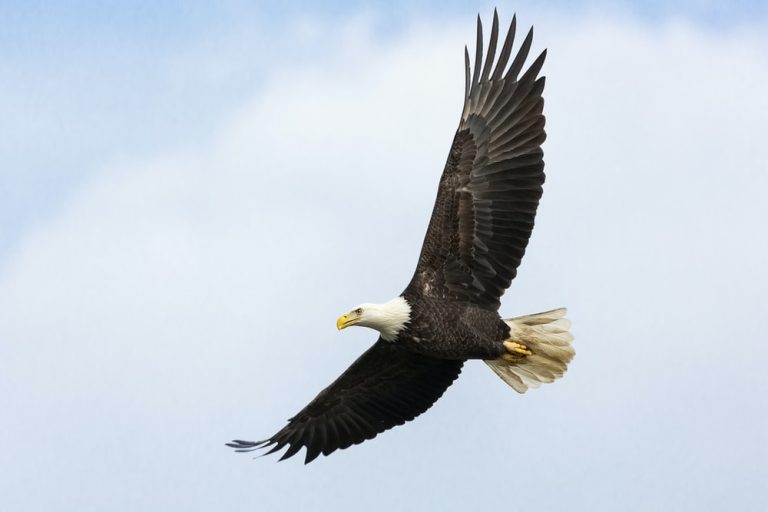
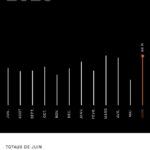
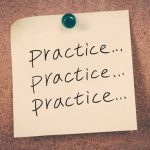
Comments are closed.